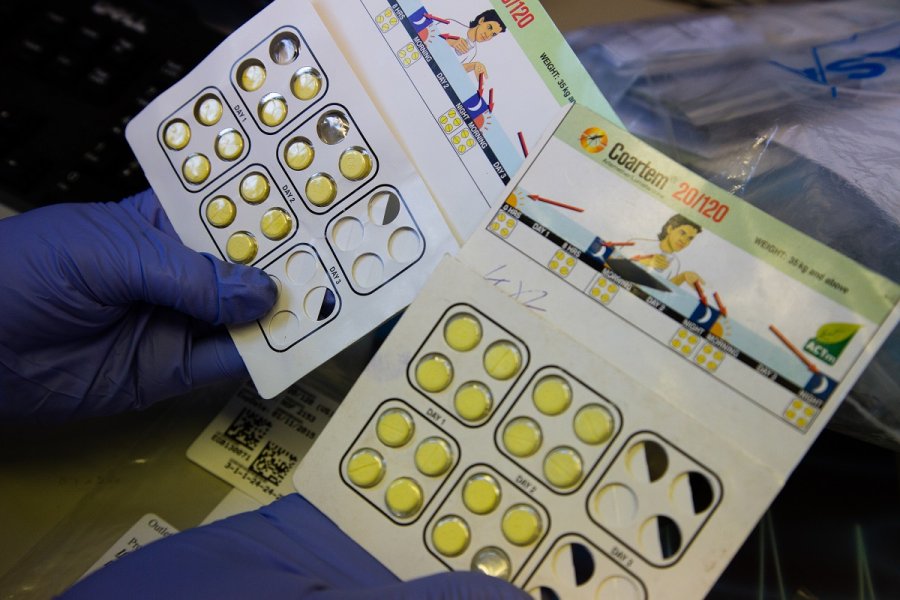Spread of multidrug-resistant malaria in southeast Asia – expert comment
30 January 2018 London School of Hygiene & Tropical Medicine London School of Hygiene & Tropical Medicine https://lshtm.ac.uk/themes/custom/lshtm/images/lshtm-logo-black.png
Genetic surveillance should be incorporated into malaria control programmes to improve treatment and reduce risk of drug-resistant major outbreaks, according to a new study published in The Lancet Infectious Diseases journal.
Led by the Wellcome Sanger Institute, the study reported that the current spread of multidrug-resistant malaria in southeast Asia is likely to be the result of two mutations combining in 2008. The resulting multidrug-resistant parasite then gained increased biological fitness, spreading rapidly through the region unnoticed for five years until the outbreak became apparent in 2013.
Researchers warn that malaria programmes should closely monitor genetic mutations to mitigate the possibility of the parasite becoming untreatable. So what is the importance of genetic surveillance and how can it help malaria control? David Conway, Professor of Biology and a malaria researcher at the London School of Hygiene & Tropical Medicine, said:
“This understanding of how resistance has evolved has come from detailed analysis of whole-genome sequence data from parasites in the affected areas.
“Similar genetic mutations have arisen many times independently, but mutants with a particular origin have increased in frequency and spread more than others. This is partly due to chance, but different genetic backgrounds of the parasites have probably also had an effect. This is why looking at whole-genome information is needed to understand drug resistance emergence fully.
“The study strongly illustrates the value of sequencing large numbers of samples to see what has happened in the past. The need now is to conduct such detailed surveillance prospectively in ‘real-time’, as new resistant types emerge. This is hard to achieve, as research and communication processes take time, so knowing how to manage such activity in future will be a key to better resistance management.”
LSHTM's short courses provide opportunities to study specialised topics across a broad range of public and global health fields. From AMR to vaccines, travel medicine to clinical trials, and modelling to malaria, refresh your skills and join one of our short courses today.